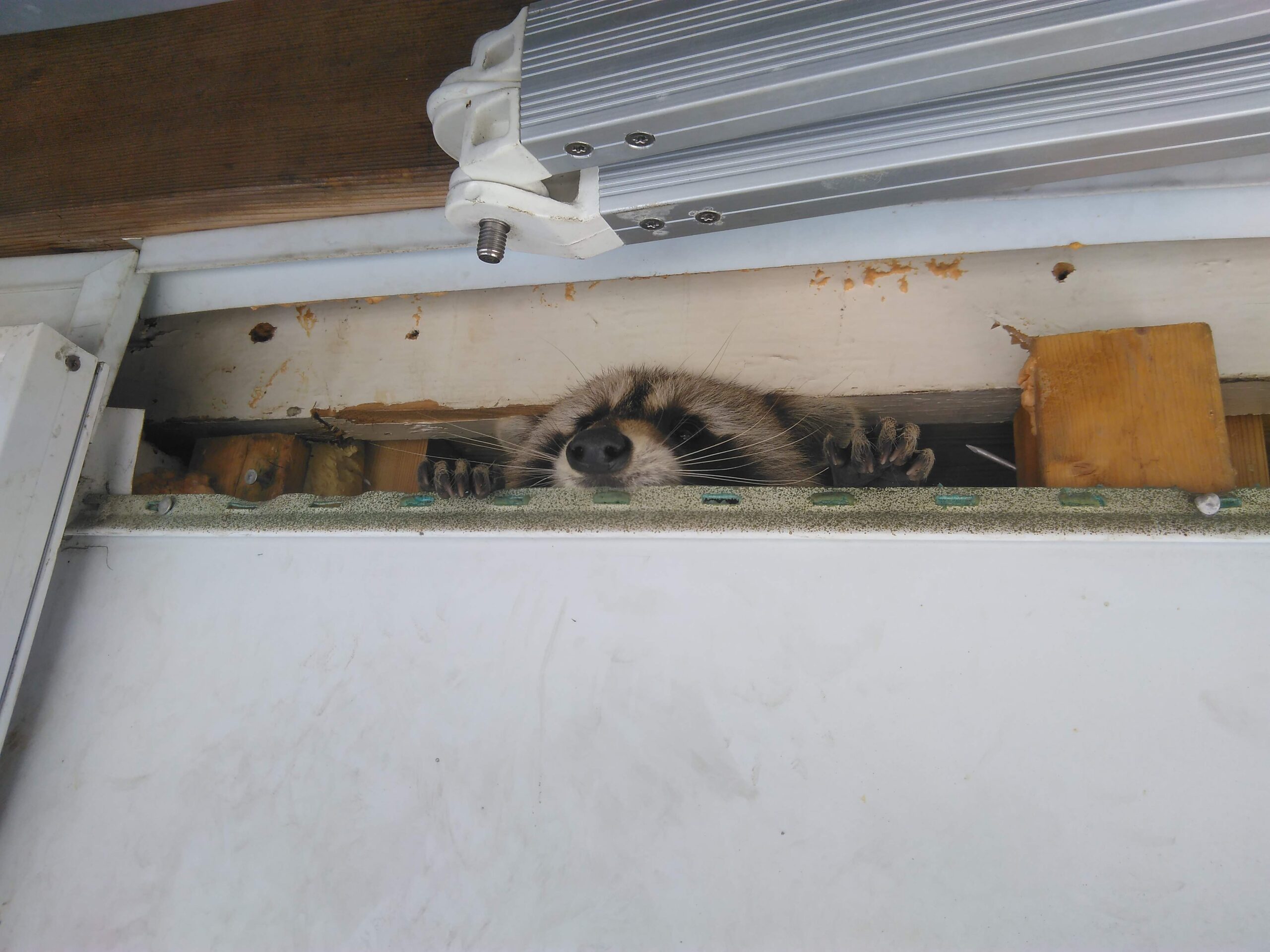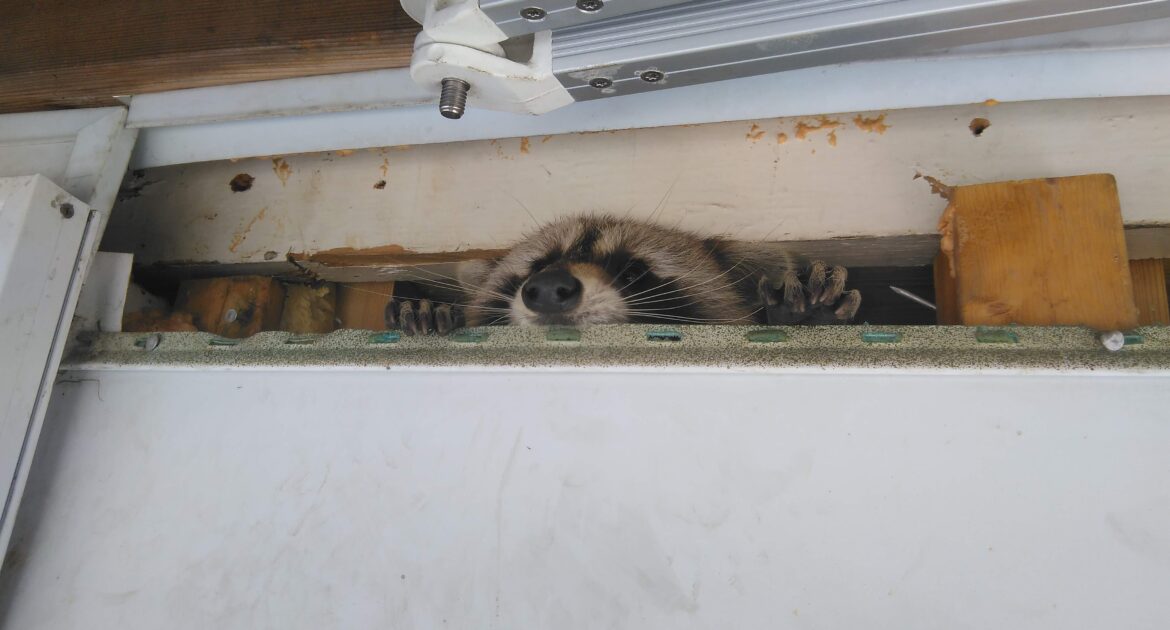With their chubby bodies and furry black masks across their faces, raccoons are adorable creatures that capture the hearts of many people. Raccoons are nocturnal and usually try to avoid interactions with humans, but occasionally they enter homes in search of shelter. Because raccoons can spread dangerous diseases, it’s best to keep your distance and deter the creatures from your home. If you suspect you have a raccoon as a roommate, you need to call a professional immediately for wildlife removal in Durham.
Raccoons are most active at night and prefer to avoid bright lights. This characteristic means that some people use motion-activated lights to deter raccoons from their property. Although this tactic can be effective, it is only a temporary solution. You must take more extensive measures to keep raccoons away from your house. Here’s everything you need to know about using outdoor lights as part of your raccoon-prevention strategy.
Benefits of Using Light as a Deterrent for Raccoons
Bright lights disorient and scare raccoons. If you have a constant floodlight, raccoons may grow familiar with the brightness and learn how to skirt around it to gain access to your house. Motion-activated lights are usually more effective because they are unpredictable, which confuses the raccoons and often scares them away from your property.
Tips for Installing Lights Around Your Property
Motion-activated lights on your porch and patio are the most effective at deterring raccoons, but the subtle glow of solar-powered pathways lights along walkways can also help keep wildlife away from your home. LED lightbulbs work best because they have a higher intensity than incandescent bulbs.
Other Considerations for Keeping Raccoons Away From Your Home
Motion-activated lights can be effective raccoon deterrents because they disorient the creatures. The animals are used to operating in the dark because of their nocturnal nature, so lights often confuse them. However, a long-term solution that is more effective for deterring raccoons is eliminating potential food sources.
Raccoons eat a varied diet. They will eat anything from crayfish and berries in the wild to food scraps and chicken eggs in urban environments. If the animals find an easy and convenient source of food, they are unlikely to leave the area willingly. You can make your property a less appealing environment for raccoons by tightly securing your trash cans to deny the creatures access to your garbage. You should also avoid leaving out pet food for extended periods of time and take care to tightly secure vegetable gardens and chicken coops if you have them.
How To Get Rid of Raccoons in Your House
If a raccoon finds its way into your house despite your best efforts to deter the creature, you need to call the experts at Skedaddle. We specialize in humane wildlife removal so we can get raccoons out of your home without harming them. Not only do we have the right tools to, but we also know how to make your home a less hospitable environment for raccoons and are happy to share that information with you.
Contact a Professional for Wildlife Removal in Durham
Although raccoons look cute and cuddly, they can be dangerous. The creatures sometimes spread dangerous diseases and can be aggressive when threatened, so sharing your home with a raccoon is not ideal. When you need to know how to scare away raccoons at night, Skedaddle Humane Wildlife Control is ready to help. Our team knows how to remove raccoons from your house while causing minimal stress for the animals, and we can also show you how to keep raccoons away naturally. Contact us today to schedule an appointment for wildlife removal in Durham.




